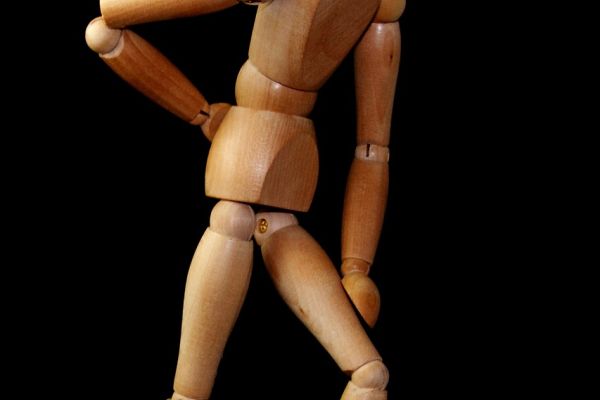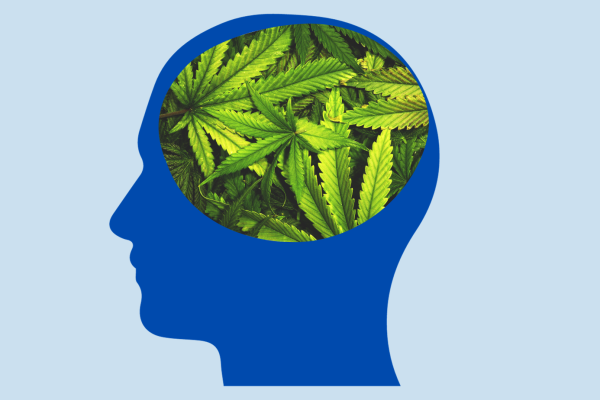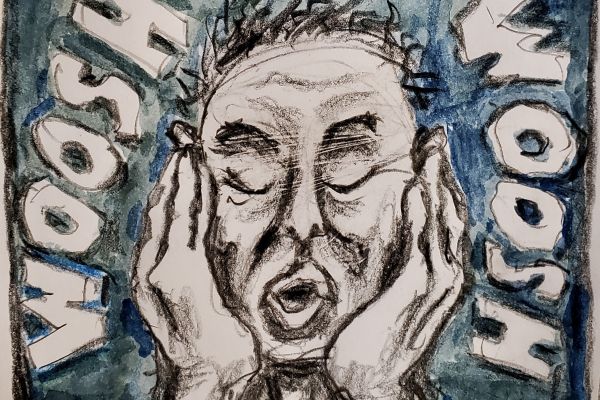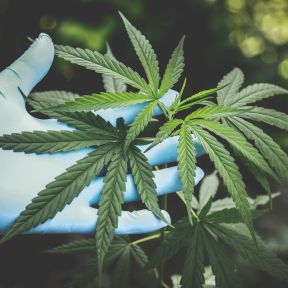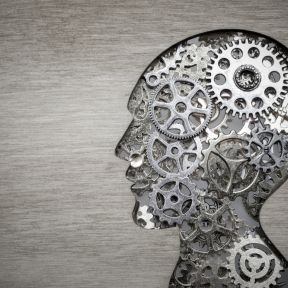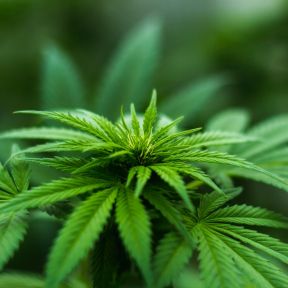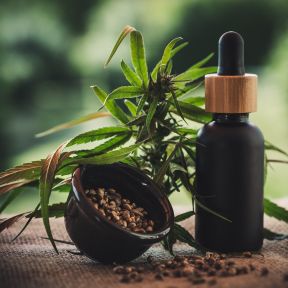Cannabidiol, or CBD, is one of many molecules known as cannabinoids that are found in different varieties of the cannabis plant, including marijuana and hemp. Unlike tetrahydrocannabinol (THC), the compound that’s responsible for marijuana’s high, CBD is not intoxicating, even in large doses.
Contents

In recent years, CBD products have seen a surge in popularity—due in part to an increasing body of research on the cannabinoid’s potential benefits for body and mind. As a prescription medication (Epidiolex), CBD is FDA-approved to treat two severe forms of childhood epilepsy. Commercially, CBD is sold as oil, capsules, and topical creams, or added to foods and beverages. Many who purchase it seek to reduce inflammation, soothe pain, or ease anxiety.
CBD is well tolerated in most individuals—in contrast to THC, which can induce anxiety or psychosis-like symptoms. It’s also thought to be safe by most researchers who study it. But experts caution that some commercial CBD contains THC or other contaminants, either of which may trigger negative reactions.
CBD is one of the compounds found in marijuana, but it doesn’t deliver the high that people typically think about when discussing the drug. (That’s due to tetrahydrocannabinol or THC). CBD has no psychoactive properties, meaning that it doesn’t change how you think or perceive the world. Instead, it can instill a sense of calm and positive mood.
CBD acts on the brain’s cannabinoid receptors. Although cannabinoids exist in nature through substances such as cannabis, the compounds are also produced by the body to govern functions such as mood and sleep. But scientists still don’t fully understand the pathways by which CBD delivers its therapeutic benefits.
Commercial CBD has exploded in popularity over the past few years, and it has since been billed as a treatment for almost every ailment imaginable. While some claims are a hoax, such as its ability to cure Alzheimer’s, others are gaining evidence of effectiveness, including the benefits of CBD for anxiety, addiction, and epilepsy.
CBD is largely safe and doesn’t lead to harm or addiction. Yet researchers have raised a few concerns. One is over poor monitoring and labeling inaccuracies of commercial products. Another is that CBD could potentially interact poorly with other medications, such as blood thinners. You can address these concerns by consulting with your doctor, specifically regarding overlapping mediations.
Yes. Products are inconsistently regulated and research shows that labels are often inaccurate. For example, some CBD products turned out to contain THC, while others didn’t contain any CBD at all. Additionally, medications tested in clinical trials contain exponentially more CBD than commercial products, and research hasn’t yet determined if such low doses are effective.
Drug tests check for the component THC in marijuana, so pure CBD should not appear on a drug test. However, about 20 percent of commercial CBD products have been found to include THC. If this is a concern, taking CBD may not be worth the risk, or you may consider discussing it with your employer beforehand.

CBD has shown promising results as a potential treatment for a wide range of mental and physical ailments, including epilepsy, anxiety, opioid addiction, insomnia, schizophrenia, and chronic pain.
But evidence of its benefits is still highly preliminary, experts warn. More research is needed both to be sure of its effects and to establish appropriate dosing recommendations.
Cannabis has a long history as a sleep aid, reducing the time it takes to fall asleep and increasing time spent asleep. CBD specifically may also been found to help people fall asleep and stay asleep. The compound also eases anxiety, which may be another route that it can improve sleep.
CBD can relieve symptoms of anxiety, research suggests, and it may therefore help treat conditions such as generalized anxiety disorder, social anxiety disorder, and post-traumatic stress disorder. But scientists still don’t understand how exactly CBD affects the brain to deliver those benefits.
CBD holds promise for treating addiction by dampening drug cravings, according to a clinical trial of individuals addicted to heroin who took CBD once a day. The benefits lasted for a week after the last dose of CBD. The compound may also help with addiction by easing anxiety and stress.
Early research suggests that CBD might help treat schizophrenia down the road. A few small trials have found that CBD led to lower levels of psychotic symptoms, such as hallucinations, and improved cognition for those with schizophrenia. But another trial with lower doses of CBD found no difference in symptoms, so more research is necessary.
The FDA approved CBD to treat severe forms of childhood epilepsy, Lennox-Gastaut syndrome and Dravet syndrome, through the drug Epidiolex. The drug can be an effective treatment option to reduce seizures, sometimes with a combination of anti-seizure medications.

